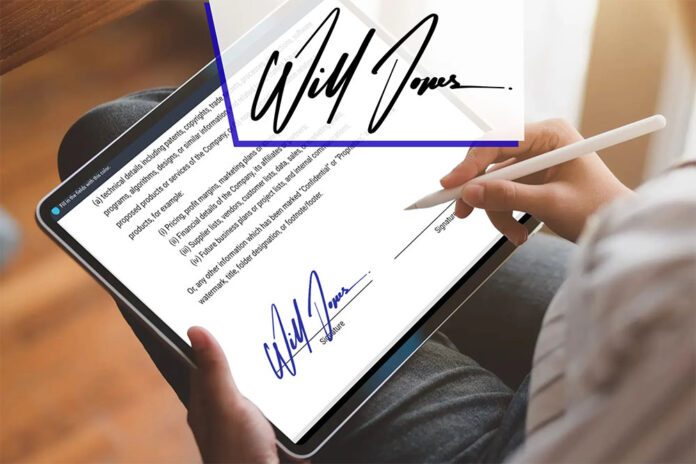by Jon Rappoport
In 1961, while discussing movies with a friend, I proposed that one day people would walk into a theater, sit in the dark for 13 seconds, receive an impulse, and walk out into the lobby with the distinct impression they’d just watched a movie. They’d feel as if they’d gotten the point and the impact, even though they wouldn’t be able to tell you anything about the movie.
Electronic signature. Transmitted to create the sensation of actual experience.
I still think it’ll happen someday.
In many areas.
You’ll sit at a restaurant under the stars, order from the menu, and a minute later you’ll be hit by a wave that conveys the sensation of steak, lobster, baked potato, champagne, chocolate cake.
You’ll book a vacation to Fiji. Never leaving your couch, you’ll absorb the electronic signature of the trip. The whole works. The cottage on stilts above the beach, the salt air, the scuba diving, the fish dinners, the walks on the beach…
Simulation. Instant.
And unless Presidents are hamstrung and kept from issuing whole hog executive orders, a Prez will be able to declare a state of emergency because a ‘new virus’ has just entered the country—he’ll issue it as an electronic burst—and people from coast to coast will feel the urgency, the fear, the necessity, the sense of security accompanying lockdown orders, the enthusiasm for a vaccine.
The Internet itself will have many shortcuts. Go to a news site, enter your account password, and you’ll be hit with an electronic shot that imparts the impression that you just received the important news of the day. No content. Just impression.
Like now.
How many people really remember the news they read or watch every day online? They only remember the feeling of satisfaction, the feeling of knowledge, the feeling of having been informed.
So why waste time? Just hit those people with an electronic shot that produces the same effects in a second. Bang.
Produce an effect without the traditional cause.
You want the kind of adrenaline rush that comes from playing a sport on a field? Instead, gamble on sports online. It’s quicker.
Make it even quicker. You can pay $50 and absorb the sensation of having won a bet without betting.
You want to be the CEO of a major corporation? No problem. Here’s an electronic signature that hits your skull and produces that sensation. You didn’t have to work your way up in the company for 27 years and risk your time and energy. You can feel like the CEO right now. For 5 minutes. That’s all you need anyway, right?
Of course, these electronic signatures don’t impart the full experience you could have in real life. They give you an approximation. In order to satisfy the customer, his level of expectation has to be lowered. What could accomplish that goal?
A pathetic level of education. That works. For example, upon graduation from college, a student will not be able to read a piece of fiction or a novel. He’ll never be able to immerse himself in language. He’ll need a summary. Which is an approximation of the real thing, which conveys the impression of having read the real thing.
So why not short cut that process and deliver an electronic signature? Boom, you just read Moby Dick. You feel as if you have. That’s good enough.
Right now, a person hates Trump. The news delivers him the impression he understands why. A person loves Trump. The brand of news he reads gives him the sensation of knowing why.
If we could cut to the chase, electronic signatures would deliver either sensation on demand.
If a reader wanted to “absorb” this article you’re reading right now without actually READING IT AND THINKING ABOUT IT, he could press a key and receive a pop of electronic transmission and feel as if he just understood it.
“Damn, that was a great article.”
“What did it say?”
“Lots of things.”
“You took the electronic signature?”
“Yeah. It was a nice pop. I felt I had a few new ideas in my head.”
“What ideas?”
“Not anything specific. The sensation of new ideas.”
“Sounds good. Send me the link to the pop and I’ll try it.”
“You should. It’s pretty unique.”
“Like a fishing trip in Alaska?”
“No. More like exploring a cave underneath an ice sheet in the Arctic. My wife and I took that pop last year…”



